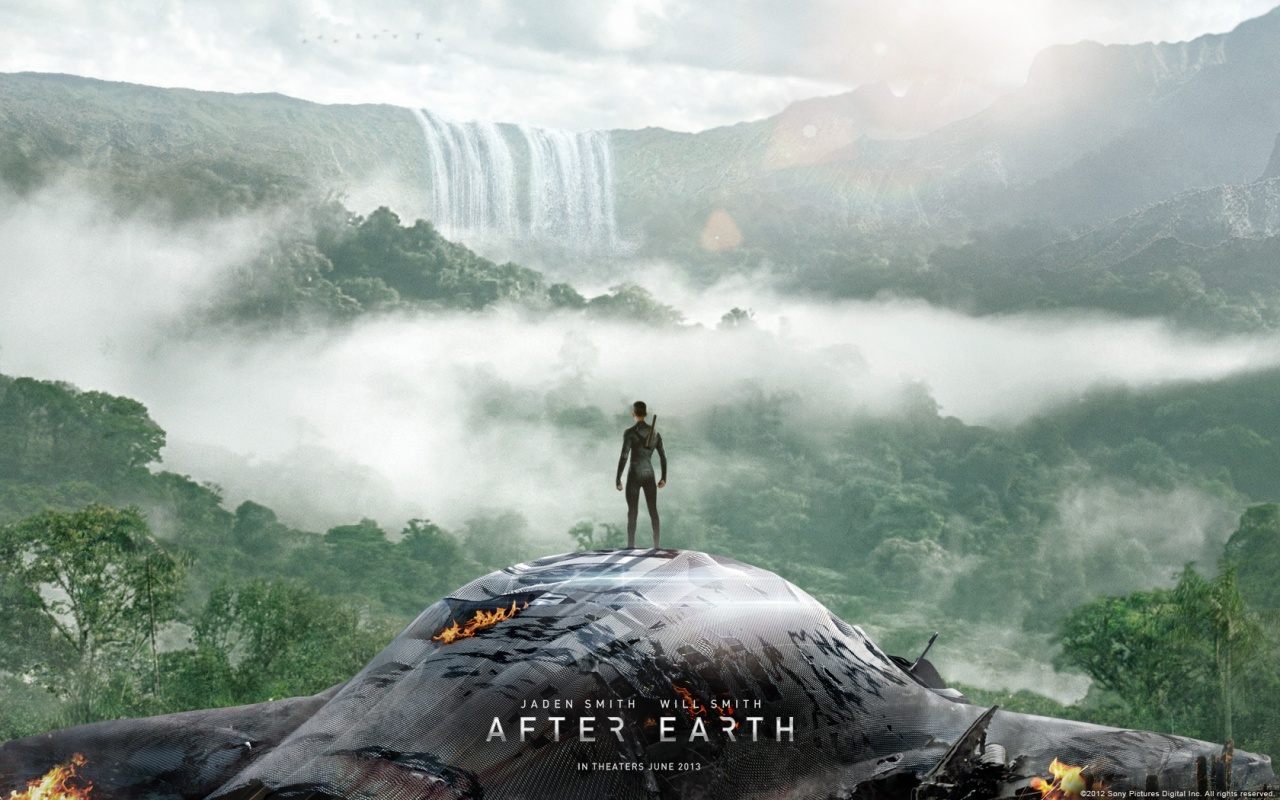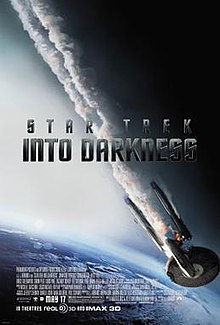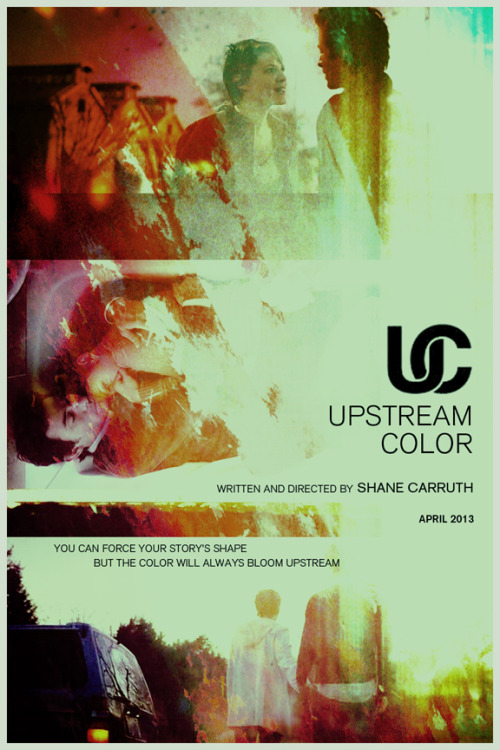 Many things were wrong, but the one that stands out is the reason for Hal's fear. It vaguely has to do with his father's death, but after a very quick flashback, this is never brought up again. All he says is "I'm afraid." Then suddenly, he's no longer afraid. Why? Because the script said so.
Many things were wrong, but the one that stands out is the reason for Hal's fear. It vaguely has to do with his father's death, but after a very quick flashback, this is never brought up again. All he says is "I'm afraid." Then suddenly, he's no longer afraid. Why? Because the script said so.Why couldn't Hollywood deliver a heroes journey where fear is confronted and lessons are learned? It's so simple, even M. Night Shyamalan could do it. And he did. Rather well, I think.
In After Earth, humans have migrated from an uninhabitable Earth to a new world. This new world has dangerous animals that can smell fear. In order to fight these beasts, you must be without fear. This is called "Ghosting". A young cadet and his General father go on an expedition, but their ship malfunctions and crashes along the way. Stranded on an abandoned Earth, it's up to the son to activate a distress beacon and fight the unknown, both on the planet and within himself.
No review of an M. Night film should be without something critical (at least nowadays). The movie begins with some appreciated but awkwardly delivered narration, explaining the setting. Based on this, I thought it was going to be some kind of cautionary environmental tale. Scenes later, it's explained that nobody has permission to visit Earth. Will a secret about this new civilization be revealed? Perhaps one that relates to the destruction of the world? Nope. There is no reason for this to be called After Earth, or for the characters to even be on Earth, except for the fact that the audience is from Earth. No deeper meanings about our current society or global warming, just "We're on Earth." This "twist" - the only one in this movie - happens in the first half hour, and it was spoiled in the trailer. Womp womp.
Despite those oddities, there is nothing to be afraid of when watching After Earth. Once they crash land, the story becomes a family drama, where father and son deal with a traumatic past incident while getting through an all new one. As the son travels through the unstable terrain, he expresses genuine fear in stages. His memories haunt him, as animals chase after. His father guides him remotely, making for a nice twist on the weight that a parent can put on a child. Whatever silliness there was in the beginning, goes away by the end. Exposure therapy can be a trial. Imagine adding a family member to the mix!
The theme of fear and the overcoming of it is expressed (and that is a key word here) beautifully. Instead of simply saying that word, situations, set pieces and relationships all are used to emote this feeling. Feeling. Something that is very important when watching a movie. To go from Roger Corman B-Movie sci fi to emotionally satisfying family journey is an almost blissful wonder. Though, if I were Will Smith, I would've made Django Unchained fit in my schedule.
Two different sci fi movies, and the one that gets the theme of fear correct is the M. Night directed one? Yes. Warner Bros and DC Comics - take note. The guy that made The Happening one upped you.
3/5 *s





